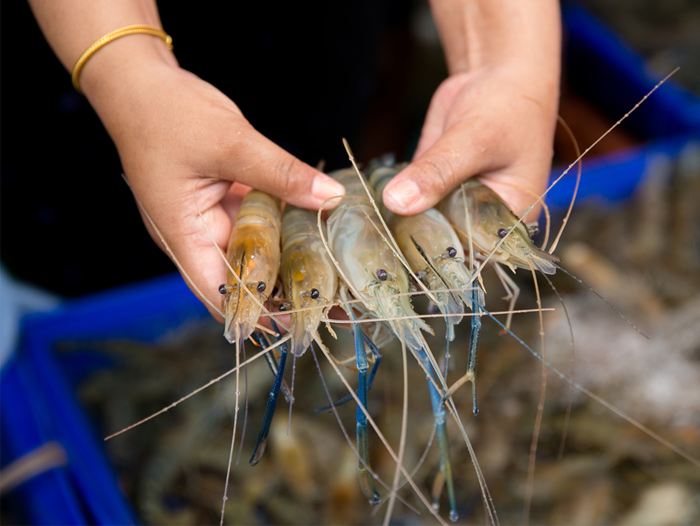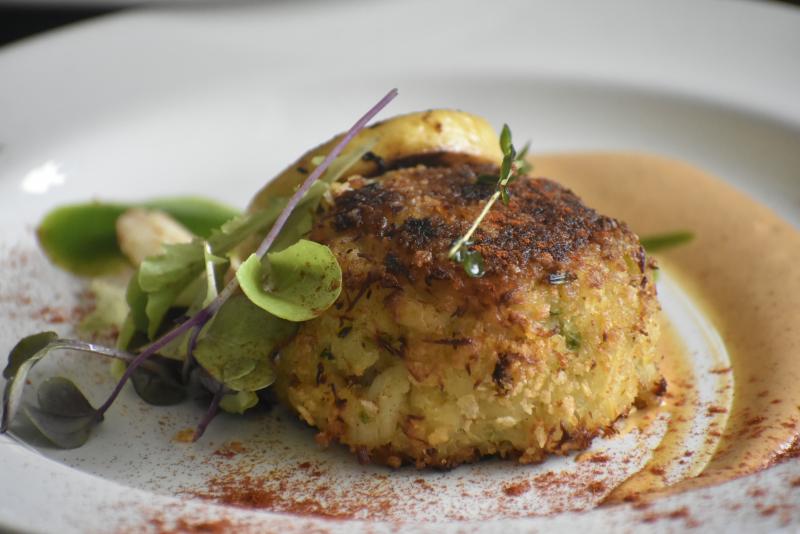
As part of its “Know Your Supplier” initiative, the Southern Shrimp Alliance today released updated databases providing detailed information regarding shrimp imports rejected from the European Union, Japan, and the United States because of the presence of banned antibiotics.
The databases, made available in Excel format, now include information for calendar year 2020 for the actions taken by enforcement agencies in the three major shrimp import markets in the world.
The database of information from Japan’s Ministry of Health, Labour and Welfare, Imported Foods Inspection Services (IFIS) compiles information regarding shrimp imports rejected because of banned antibiotics between November 2010 and 2020. IFIS reported refusing eleven (11) shipments of shrimp because of the presence of banned antibiotics last year, all originating either from Vietnam (6) or India (5).
The database of the European Union’s Rapid Alert System for Food and Feed (RASFF) notices compiles information regarding every alert regarding shrimp imports found to contain banned antibiotics between 2001 and 2020. Last year, as in 2019, RASFF included another six (6) notices of shrimp refused entry into the European Union because of banned antibiotics. Also as in 2019, four of the six refusals were of shrimp shipped to Europe from India, while the other two were from Vietnam and Bangladesh.
The database of U.S. Food and Drug Administration’s (FDA) entry line refusals compiles information regarding every shrimp entry line refused for reasons related to banned antibiotics between 2002 and 2020. Last year, the FDA refused thirty-six (36) entry lines of shrimp because of antibiotics, of which twelve (12) were from India, nine (9) were from China, five (5) were from Mexico, four (4) were from Bangladesh, four (4) were from Thailand, one (1) was from Hong Kong, and one (1) was from Vietnam.
The Southern Shrimp Alliance is providing this updated information in order to enhance the ability of consumers, importers, wholesalers, retailers, and restaurants to evaluate the risk of exposure to contaminated shrimp from various sources. As these data confirm, findings of problems are overwhelmingly concentrated in only a small number of countries that engage in shrimp aquaculture. And even within these countries, only a limited number of shrimp packers and shippers have failed to take action to prevent contaminated shrimp from being marketed.
As the charts below demonstrate, over the last nine years, RASFF notifications regarding shrimp contaminated by antibiotics have been dominated by imports sourced from India and Vietnam. Over the same time period, the vast majority of imported shrimp rejections in Japan because of the presence of banned antibiotics have also been of products sourced from India and Vietnam. For the United States, other than the nearly five hundred refusals for Malaysian shrimp that was likely transshipped Chinese shrimp, the second and third largest sources of refusals were, again, India and Vietnam.
Once again, the reporting of three major seafood importing markets continues to demonstrate that shrimp farmed and exported out of India and Vietnam present unique risks of antibiotic contamination. For its part, the European Union has maintained additional, particularized measures to address the enhanced risk presented by shipments of contaminated Indian shrimp. Nevertheless, even with increased testing and greater scrutiny, the European Union continues to report findings of shrimp contaminated by banned antibiotics.
The updated databases may be accessed here: https://www.shrimpalliance.com/take-action/foreign-food-safety-resources/banned-antibiotics/
The Link LonkJanuary 22, 2021 at 10:00PM
https://ift.tt/3cghXr5
Southern Shrimp Alliance Releases Updated Databases for 2021 Documenting Antibiotic-Contaminated Shrimp Import Rejections - PerishableNews
https://ift.tt/3eNRKhS
shrimp

No comments:
Post a Comment